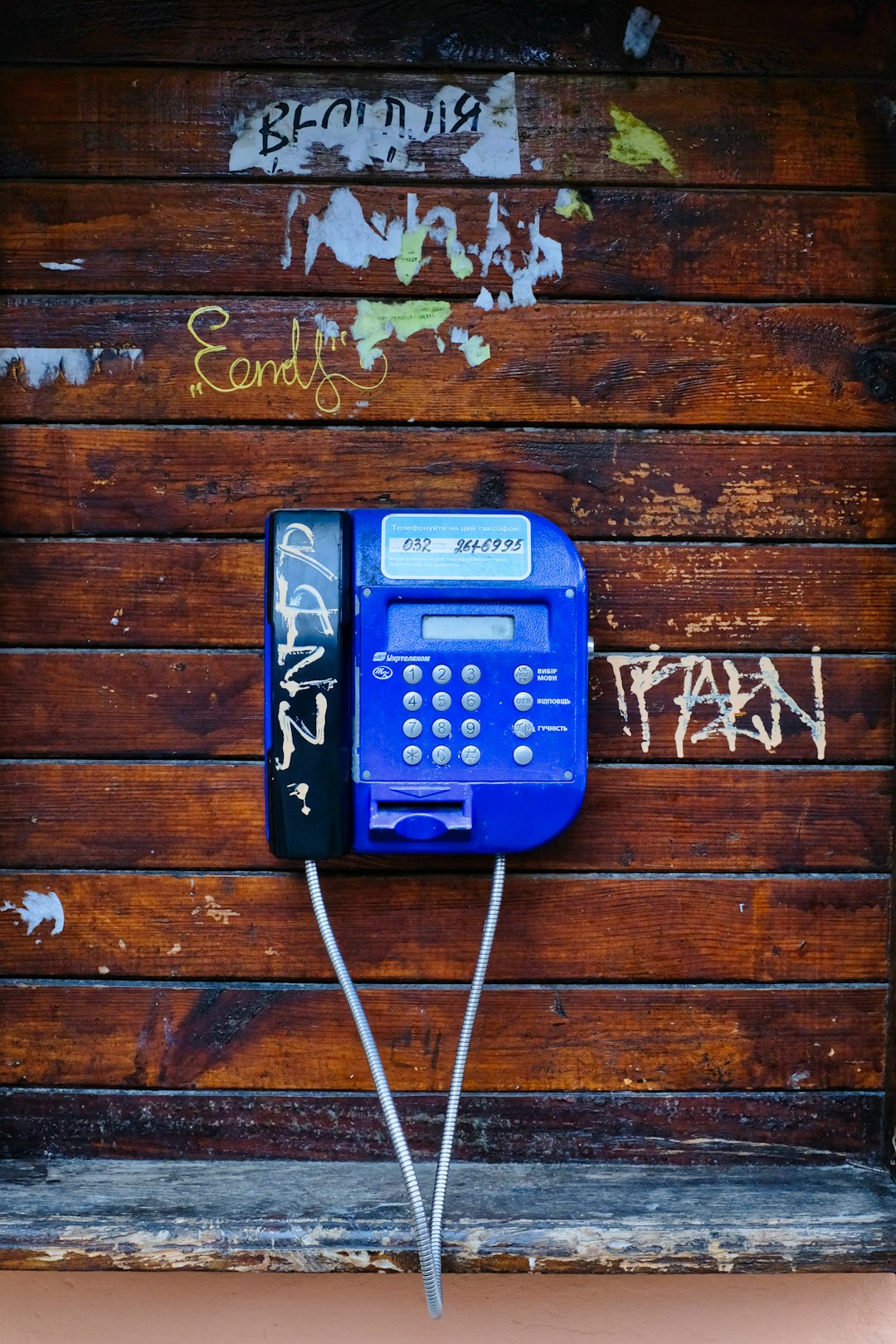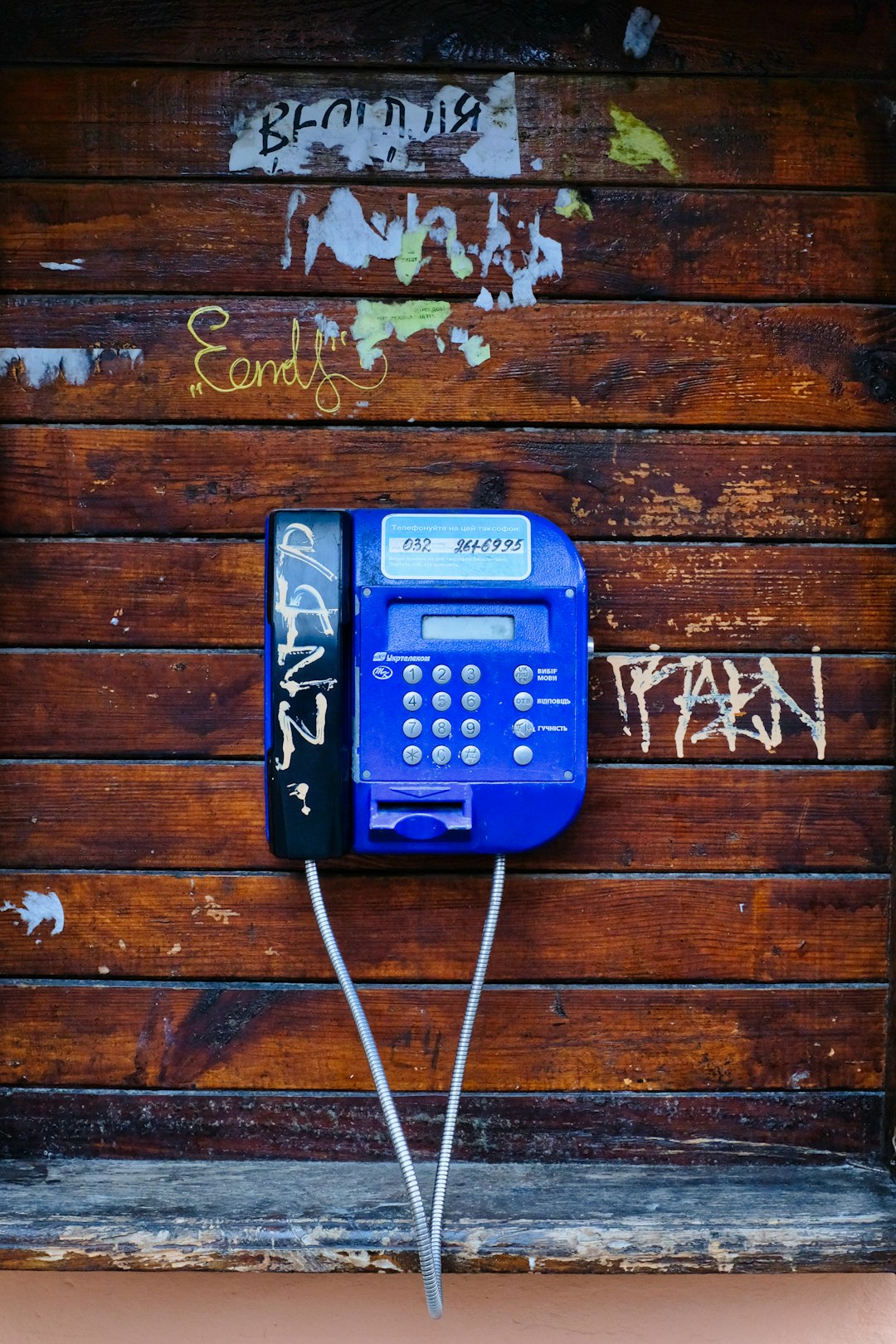In Iowa, robocalls are regulated by federal (TCPA) and state laws. Reporting unauthorized robocalls to the FTC or state attorney general's office is a first step; consulting a telecom law specialist may lead to compensation. Document call details, block numbers, and consider legal action for significant harm or violations. The Iowa Telemarketing Nuisance Prevention Act offers protections but doesn't auto-grant lawsuit rights. CSPs play a role in blocking numbers and assisting legal actions. Register on the National Do Not Call Registry and state lists, block numbers, and stay informed about consumer protection laws regarding potential robocall damages.
In Iowa, understanding and reporting robocalls is crucial for protecting your privacy. With regulations in place to curb these unwanted calls, knowing your rights and next steps is essential. If you’ve reported a robocall, this guide explores the process, from legal recourse like suing for robocalls in Iowa to the role of communication service providers in prevention. Discover how to safeguard yourself against future calls and understand your options beyond reporting.
Understanding Robocall Regulations in Iowa

In Iowa, robocalls are regulated by state and federal laws designed to protect consumers from unwanted and deceptive calls. The Telephone Consumer Protection Act (TCPA) is a federal law that restricts automated phone calls for marketing purposes and requires call recipients’ prior consent. State laws, such as those in Iowa, further tighten these regulations, making it illegal for callers to use automated systems or prerecorded messages without explicit permission.
If you’ve received a robocall in Iowa, reporting it is the first step. You can file a complaint with the Federal Trade Commission (FTC) and your state’s attorney general’s office. While reporting a robocall doesn’t automatically lead to legal action against the caller, it contributes to regulatory oversight. Moreover, if you believe the call was malicious or caused harm, consulting a lawyer specializing in telecommunications law might be beneficial. You may have grounds for legal action, including potential financial compensation, especially if the caller violated your rights under the TCPA, though can I sue for robocalls in Iowa varies based on specific circumstances.
Steps to Take After Reporting a Robocall

After reporting a robocall in Iowa, the first step is to document everything. Note the caller’s phone number, the date and time of the call, and any details about the message or interaction. This information will be crucial if you decide to take further action. Next, consider blocking the number using your phone’s settings or a dedicated app designed for this purpose. Many modern smartphones have built-in features to automatically filter out such calls.
If you believe the robocall violated Iowa’s telecommunications laws or caused you significant harm, consulting with an attorney is advisable. You may have grounds to take legal action and potentially sue for damages, including seeking compensation for emotional distress or loss of privacy. Understanding your rights and options is essential in navigating the process effectively.
Legal Recourse: Can You Sue for Robocalls?

If you’ve reported a robocall in Iowa, you might be wondering about your legal options. While individual states have specific laws regarding telemarketing practices, including robocalls, suing for robocalls is not always straightforward. In Iowa, the Iowa Telemarketing Nuisance Prevention Act provides some protections against unwanted telemarketing calls, but it doesn’t explicitly grant a right to sue.
However, if you believe a robocall violated your rights or caused financial harm, you may still have recourse. You can file a complaint with the Federal Trade Commission (FTC) and the Iowa Attorney General’s Office. These entities investigate consumer complaints related to telemarketing and can take action against companies engaging in illegal practices. Additionally, some cases may be suitable for private litigation, where individuals can sue for damages under federal or state laws that protect against deceptive or harassing calls. Consulting with a legal professional specializing in telecommunications law is advisable to understand your specific rights and options regarding potential legal action against robocallers.
The Role of Communication Service Providers (CSPs)

After reporting a robocall in Iowa, the next step involves the crucial role played by Communication Service Providers (CSPs). CSPs, such as phone companies and internet service providers, have a responsibility to protect their customers from unwanted calls, including those from automated systems or robocalls. When you report a robocall, these providers are required to take action to prevent further harassment. They can block the number, investigate the source, and even assist in legal actions against the perpetrators.
In Iowa, CSPs work with state authorities and law enforcement to combat robocalling scams. While reporting a robocall doesn’t necessarily mean you can sue for robocalls in Iowa directly, it’s an essential step towards holding scammers accountable. Your report contributes to building a case against malicious call centers and helps regulate these practices, potentially leading to legal consequences for the culprits.
Preventive Measures: Protecting Yourself from Future Robocalls

After reporting a robocall in Iowa, it’s essential to take proactive steps to prevent future unwanted calls. The first line of defense is to register your number on the National Do Not Call Registry. This federal list restricts telemarketers from calling you unless they obtain your prior consent. In Iowa, there are also state-specific do-not-call lists that filter out local robocalls.
Additionally, consider updating your phone settings to block unknown or suspicious numbers. Many modern smartphones offer built-in call blocking features and apps designed to identify and silence robocalls. While these measures can’t guarantee a complete end to robocalls, they significantly reduce their frequency, providing you with greater peace of mind. Moreover, staying informed about consumer protection laws in Iowa, including the ability to sue for damages incurred due to robocalls (if applicable), empowers you to take legal action if necessary.






